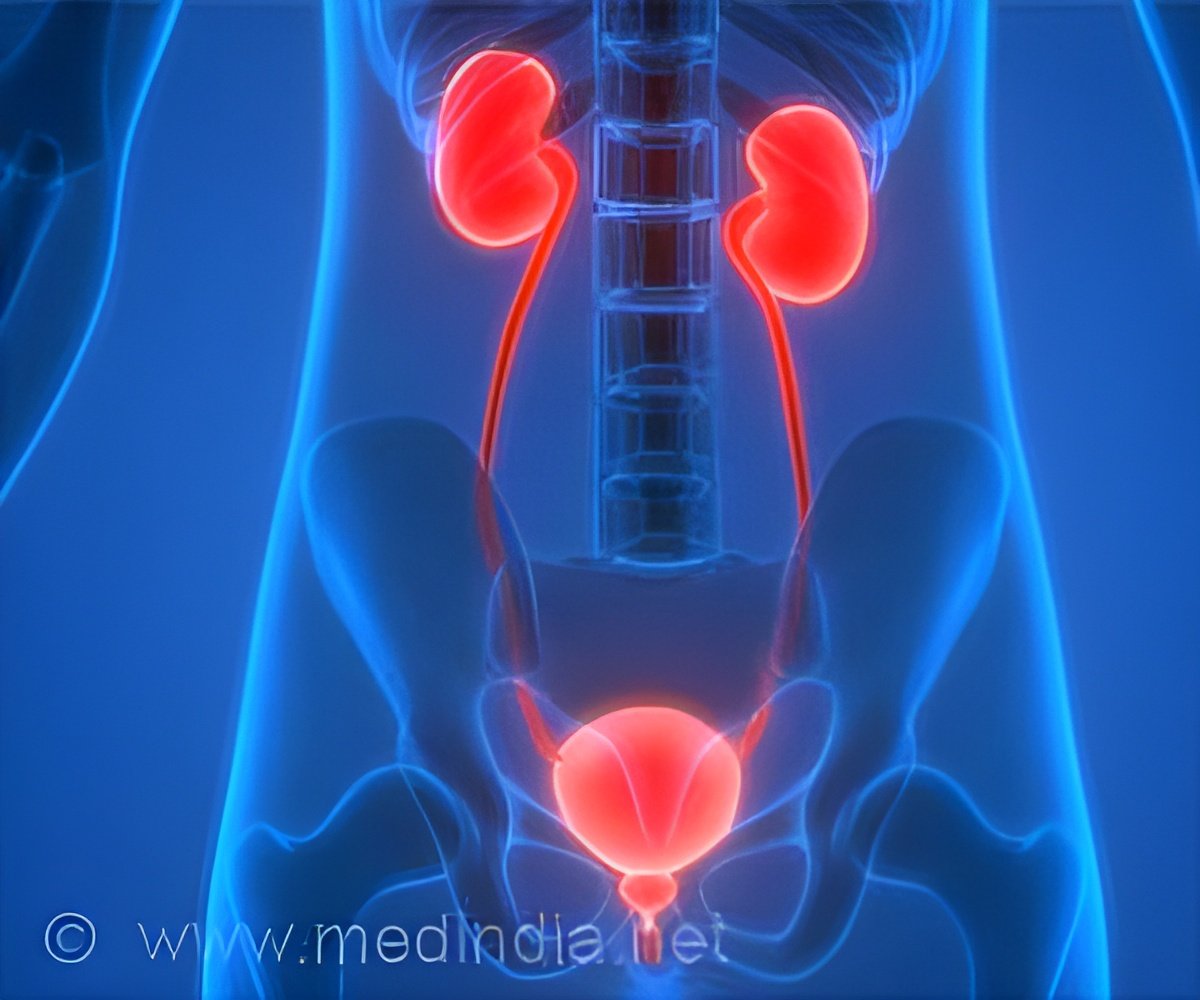New, cost-effective treatment was found to be safe and improves kidney and patient survival in people with late-stage chronic kidney disease.

International guidelines recommend that, when serum bicarbonate concentration falls below 22 mmol/l, CKD patients should be treated with oral sodium bicarbonate to maintain serum bicarbonate within the normal range, unless contraindicated [2]. However, until recently, very few studies have tested the effectiveness of bicarbonate therapy in improving metabolic acidosis or its potential benefits in patients with CKD.
The prospective, open-label, randomized controlled trial assigned 740 patients with CKD-3b and CKD stage 4 to either sodium bicarbonate (376 patients) or standard care without sodium bicarbonate (364 patients). The patients had a mean age of 67.8 years, creatinine clearance 30 ml/min, and serum bicarbonate 21.5 mmol/l. At the end of three years, doubling of creatinine occurred in significantly fewer patients randomized to sodium bicarbonate: 6.6% versus 17.0% receiving standard care, p<0.001. This translates into a relative risk reduction of 64% in kidney disease progression (hazard ratio [HR] 0.36; 95% confidence interval [CI] 0.22-0.58; p<0.001).
Similarly, the likelihood of starting RRT was also significantly lower in the sodium bicarbonate group. At the end of the study, 6.9% of patients receiving sodium bicarbonate had started RRT compared to 12.3% of the standard care group--a relative risk reduction of 50% (p=0.004; HR: 0.5; 95% CI: 0.31-0.81; p=0.005). The risk of death was also significantly lower among sodium bicarbonate-treated patients at 3.1% compared to 6.8 % of the standard care group--a relative risk reduction of 57% (p=0.004; HR 0.43; 95%CI 0.22-0.87; p=0.01). Treatment with sodium bicarbonate was well tolerated, with no significant effects on blood pressure, total body weight or hospitalizations.
"There are relatively few treatments that have been shown to slow progression of CKD. As nephrologist, we have used sodium bicarbonate to correct metabolic acidosis in people with CKD for some time, but definite evidence of benefit has been lacking. Our study shows that this very cost-effective treatment is safe and improves kidney and patient survival," concluded lead investigator Dr Antonio Bellasi.
Source-Eurekalert















